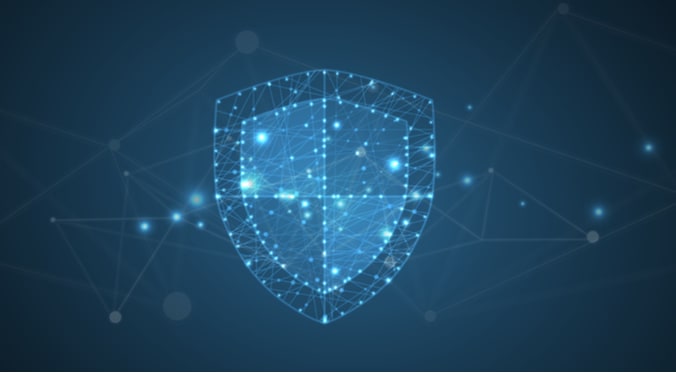Cutting-Edge Science to Reduce Radiation Side Effects: Q&A with Dr. James Byrne

Radiation is an important option in treating localized prostate cancer, as well as in caring for patients with advanced prostate cancer, but it also has some side effects. With funding from PCF, a team at MIT aims to reduce damage to surrounding normal tissue using innovative engineering. Their manuscript on personalized radiation shields was published this week in the journal Advanced Science.

Read a Q&A with radiation oncologist (and PCF Young Investigator) James Byrne, MD, PhD, and see this video to learn more!
Q: What was the goal of the project?
A: Radiation is great at killing cancer cells but sometimes it damages the healthy tissue surrounding the tumor. We wanted to figure out if we could create personalized shields that blocked radiation from affecting normal tissue, particularly in the GI tract.
Q: Why is that important?
A: It’s estimated that these radiation-induced injuries occur in over 200,000 patients in the U.S. each year. These injuries can be severely debilitating, including pain with swallowing from mouth sores (mucositis), nausea (gastritis), diarrhea (colitis), and bleeding from the rectum (proctitis).
Q: How does the device work?
A: The devices work by using high atomic number (Z) materials to shield the surrounding healthy tissue. We use patients’ CT scans to personalize these devices so that they can comfortably and reliably fit to areas that are at risk for damage.
Q: How will this change the care of patients with prostate cancer?
A: Similar to the SpaceOAR, these devices could provide additional ways to protect prostate cancer patients from developing severe injury of the GI tract.
Q: What are the next steps to make the device available for patients?
A: The next steps will involve performing a clinical trial in patients to determine the feasibility and degree of protection provided by these devices.
Q: What was PCF’s role in making this work possible?
A: This work would not have been feasible without PCF’s support. PCF afforded us the financial freedom to explore work in this area and a key network of people in radiation oncology and prostate cancer work.









